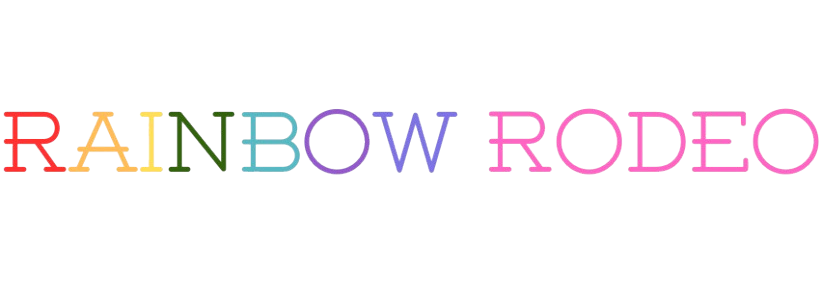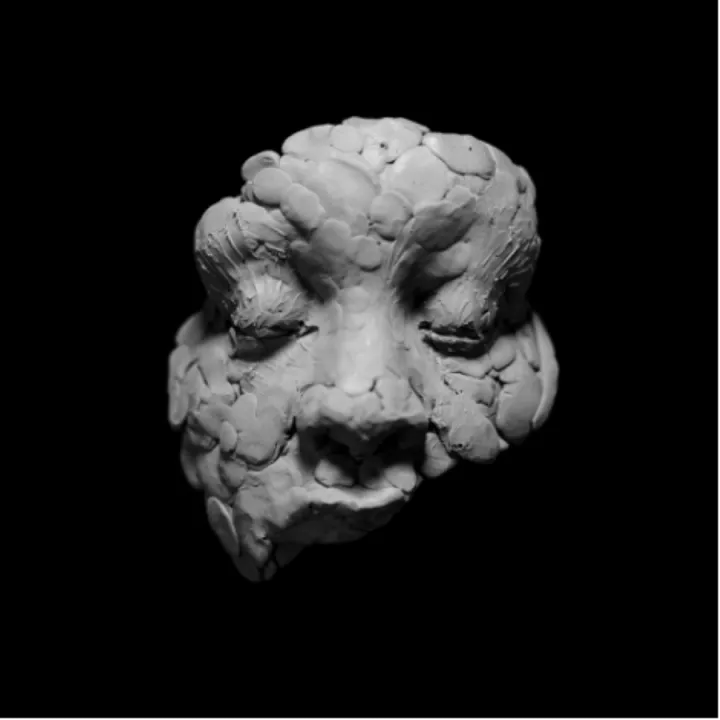Lessons Learned From Outlaw Country

It wasn’t until college that I realized “The Road Goes on Forever” wasn’t a classic American folksong. Robert Earl Keen’s slant rhyme-filled Bonnie and Clyde esque ballad, which was later covered by supergroup The Highwaymen, about a drug-smuggling couple who tragically run afoul of the law, brings a modern twist to the traditional American desperado tale. Hearing it at dance halls, amphitheaters, and restaurants across South Texas at a formative period in my youth (during the early 2000s) started my life-long love affair with 80s and 90s outlaw country and permanently shaped my view of masculinity.
While I recognized the outlaw aspects of the saga weren’t exactly to be emulated, I was enamored with Keen’s condemnation of slut shaming and portrayal of self-sacrifice as essential to masculinity. Although promoters of toxic masculinity, of which there were many in the great state of Texas, would have me believe these traits are feminine, the men after whom I modeled myself taught me feminism and selflessness transcend the gender binary. As I slowly emerged from the closet as a trans man through the help of my cowboy drag persona, I continually returned to Keen’s vision of manhood.
Similarly, the whimsical lyrics and wistfulness of Lyle Lovett’s repertoire conjured up a mythopoetic Texas where a closeted queer, trans man could find refuge, even when the real Texas struggled to live up. Instead of crooning about guns, trucks, and violent escapades, Lovett, one of the most respected Texas country music artists, pens songs about poetry, riding his pony on his boat, and bears.
So many of Lovett’s songs implicitly, or even explicitly in “If I Had a Boat,” reject compulsory heteronormativity in favor of self-love and speak to the inherent absurdity of the constraints of masculinity. More than once, I’ve wondered if Lovett’s “Bear Song” is self-aware of the queer double entendre alluded to in taking a bear out to lunch “even though your friends may stop and stare.” Even as Lovett gently roasts city folks in “That’s Right, You’re Not From Texas,” he calls for a space of inclusion and acceptance of all, one of the South’s supposed virtues. When crafting my own brand of masculinity, I feel Lovett calling me to embrace my softness, my flights of fancy, and my need for love.
But it wasn’t until I heard Orville Peck’s rendition of Reba McEntire’s “Fancy” and Lady Gaga’s “Born This Way” that I truly felt at home in my identity. There is so much I have gained by coming out as a trans man – a sense of peace in my body, a sense of congruence as I move through the world, and a sense of home in brotherhood with other men, many of whom are the same hearty Texan men who first encouraged me to come out. However there is an undercurrent of loss – not just of cis privilege and relationships murdered by transphobia, but also of sisterhood, especially among queer women. Peck’s queer reimagining of these feminist and queer classics reminded me I still have a home in these spaces and that leaning into the genderqueer aspect of my identity doesn’t bar me from being accepted by true cowpokes.
So much of country music has become stadium pandering, excluding the very folks (women, people of color, workers fighting against capitalism) who created it. Yet I hope you too can find a place in outlaw country of old and the genre-bending work of artists like Peck. I know it’s restored my sense of belonging in the South, even as I fight to transform it. — Theodore Longlois (a.k.a. Tex Miller)
This essay about outlaw country music and queer masculinities originally appeared in Rainbow Rodeo issue 2. Subscribe to the Patreon so you’ll never miss an issue!




